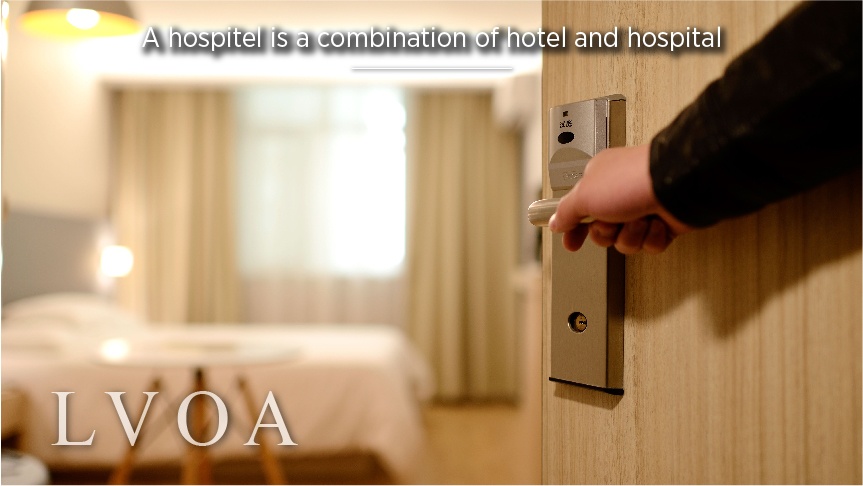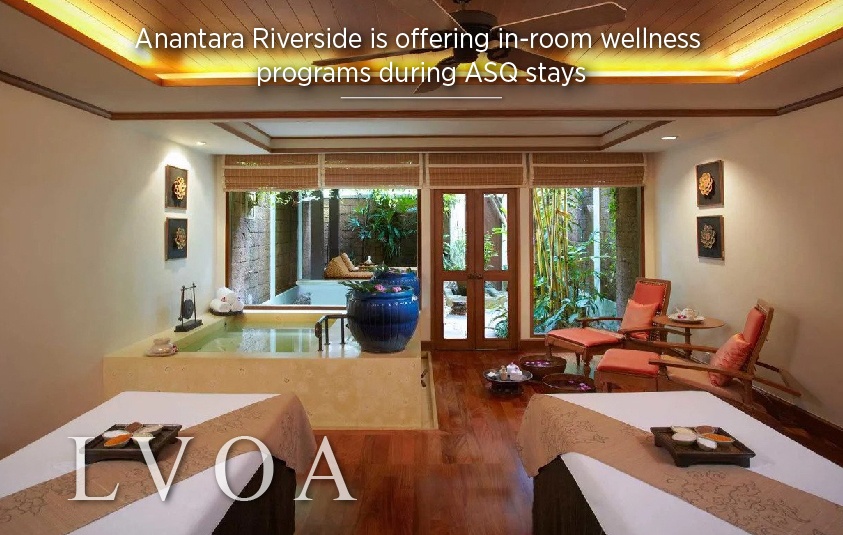As Thailand’s third and most severe wave of Covid-19 continues, a new opportunity has arisen for the nation’s hospitality industry in the form of the “hospitel.” What exactly is a hospitel? This guide explains.
What is a hospitel?
The portmanteau reflects exactly what a hospitel is: part hospital, part hotel. Up until recently, people who tested positive for Covid-19 in Thailand had to quarantine in hospitals, regardless of their condition. However, as the burden on hospitals increased with the third wave, asymptomatic and mild cases were shifted to field hospitals and hospitels, in order to save hospital beds for those in need of medical treatment. As of early July, home isolation for asymptomatic and mild cases is possible in Bangkok, but only for those who meet a certain set of criteria.
The hospitel concept is a collaboration between the Thai Hotels Association (THA), the Ministry of Public Health and the Bangkok Metropolitan Administration, which rectifies the hospital bed shortage, but also provides a fresh opportunity for hotels to operate during these difficult times. To qualify as a hospitel, a hotel must have at least 30 beds, pass ASQ (Alternative State Quarantine) evaluation and be partnered with a local hospital. Accommodation is arranged through the hospital, rather than booked directly with the hotel.
How does a hospitel differ from ASQ accommodation?
A hotel can be both an ASQ facility for new arrivals into the country, as well as a hospitel (quarantine for positive Covid patients). In fact, as Thailand’s third wave rose and the mandatory 14-day quarantine for arrivals was reinforced, numbers of guests for ASQ plummeted, leaving spare accommodations with hotel equipment designed for quarantine – perfect for the new surplus of Covid patients.
What are the benefits for Covid-19 patients staying at a hospitel vs a hospital?
For those who have tested positive for Covid-19 and must leave their homes, a hospitel offers relative comfort and luxury in comparison to a hospital stay, and definitely in comparison to a field hospital. Some have suggested that the emergence of hospitels has encouraged more infected patients to come forward for testing, knowing that they have the option of a hotel stay, rather than a hospital quarantine.
Although some who test positive in Bangkok may prefer the comfort of home isolation, it’s important to remember that those who suffer with Covid-19 can deteriorate quickly. Having medically trained staff on hand, should the condition of the patient worsen, is a great safety net.
What are the benefits of operating as a hospitel for hotels?
The most obvious benefit for a hotel is income. During these difficult times, many hotels must weigh up the pros and cons of temporary closure, pivoting to the local market for staycations, and/or converting to ASQ and hospitel accommodation. For those that are already outfitted for ASQ, adding hospitel services is a natural progression.
What’s more, hoteliers have reported the altruistic benefit of taking action; contributing to the fight against Covid-19 by alleviating the burden on hospitals and frontline workers, which hopefully means that Thailand’s third wave will slow and retreat, and the country’s reopening to tourism will come sooner.
Bangkok’s hospitels
The hospitel idea isn’t particularly new within the context of the pandemic, as everywhere from New York to Barcelona to New Delhi, hotels have been converted to hospital quarantine facilities for Covid patients, either voluntarily or as ordered by authorities. Where Thailand differs is that its hospitels charge guests for the stay.
A definitive list of Bangkok’s hospitels and rates is difficult to ascertain, as new hotels obtain hospitel status every day, while others only operate temporarily as hospitels, then switch back to ASQ according to demand. According to recent statistics from the Department of Health Service Support, Bangkok is currently operating around 81 hospitels, providing 20,000 beds – many of these are now fully booked.
There are certainly a range of budgets available, from suites at Anantara Riverside (partnered with Bumrungrad Hospital, the most esteemed private hospital in the whole of Southeast Asia) to more pocket-friendly options such as Ozone Hotel Samyan, the Royal Rattanakosin Hotel and Indra Regent Hotel, though rates are not made public. Of course, “pocket-friendly” is a relative term, as the average Thai is unlikely to be able to afford even the cheapest hospitel and will more likely be quarantined in a field hospital.
Looking forward to post-Covid travel and hospitality, it’s likely that the portmanteau “hospitel” will continue to be relevant, as hotels keep to strict hygiene standards, mandatory quarantines continue and the all-encompassing wellness trend aims to combat the mental and physical hardships we’ve all faced during this pandemic.
Beyond hospitels
The hospitel hotel concept is a temporary, short-term source of income for hotels (or, at least, let’s hope it is and that this Covid wave ceases swiftly), but looking at the bigger picture and the enduring trend of wellness retreats, the line between hotel accommodation and medical facility is becoming more and more blurred.
In December 2020, the opening of RAKxa Wellness in Bang Krachao marked Thailand’s first foray into the medical wellness retreat market. The conceptualised resort offers science-backed, advanced medical technology provided by VitalLife Scientific Wellness Clinic, a subsidiary of Bumrungrad Hospital.
Elsewhere in Thailand’s luxury wellness hotel market, Phuket’s Amanpuri debuted its medical spa to complement its holistic services in early 2019, a new venture for the Aman brand. The facility focuses on areas such as anti-ageing, preventative medicine, aesthetic treatments and sports performance, overseen by a specialist team of medical doctors, physiotherapists, chiropractors, nutritionists and more, provided by Thanyapura Sports and Health Resort. Of course, this was introduced pre-Covid, but bespoke wellness immersions centered around everything from immune support to stress management take on new meaning in light of the pandemic.
Even within the parameters of quarantine facilities, Anantara’s Bangkok properties are offering to elevate an ASQ stay with an Anantara Spa Wellness Journey – a personal lifestyle wellness program created in consultation with an Ayurvedic doctor.
Looking forward to post-Covid travel and hospitality, it’s likely that the portmanteau “hospitel” will continue to be relevant, as hotels keep to strict hygiene standards, mandatory quarantines continue and the all-encompassing wellness trend aims to combat the mental and physical hardships we’ve all faced during this pandemic.








